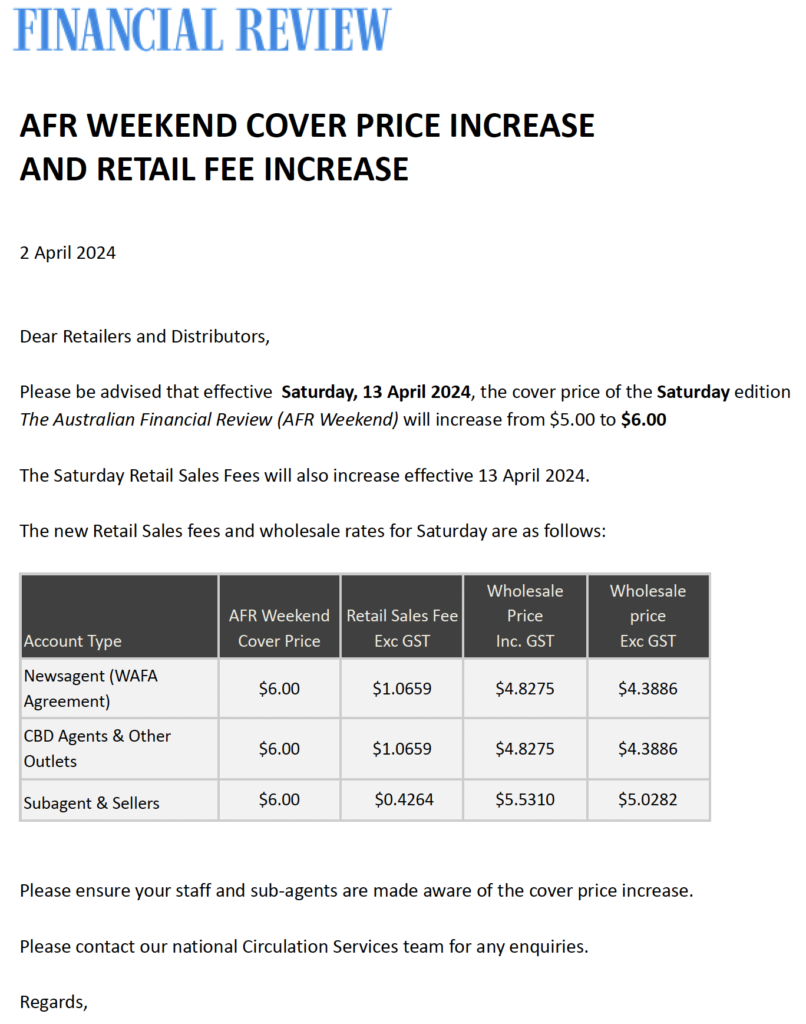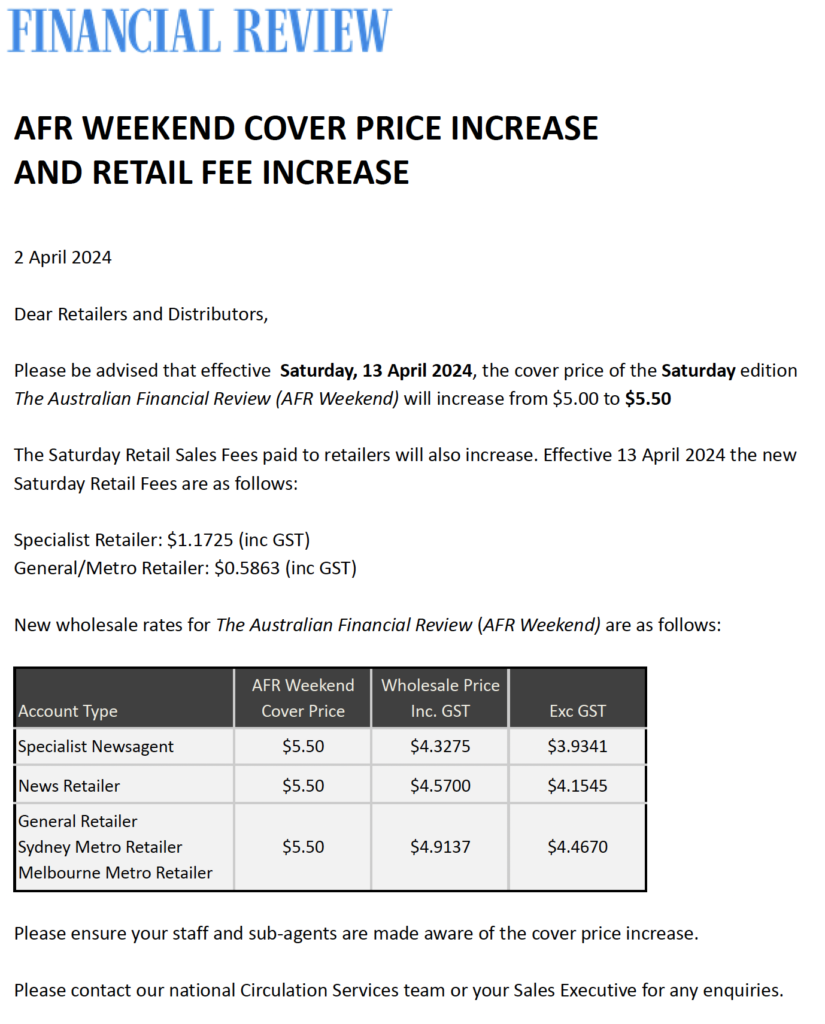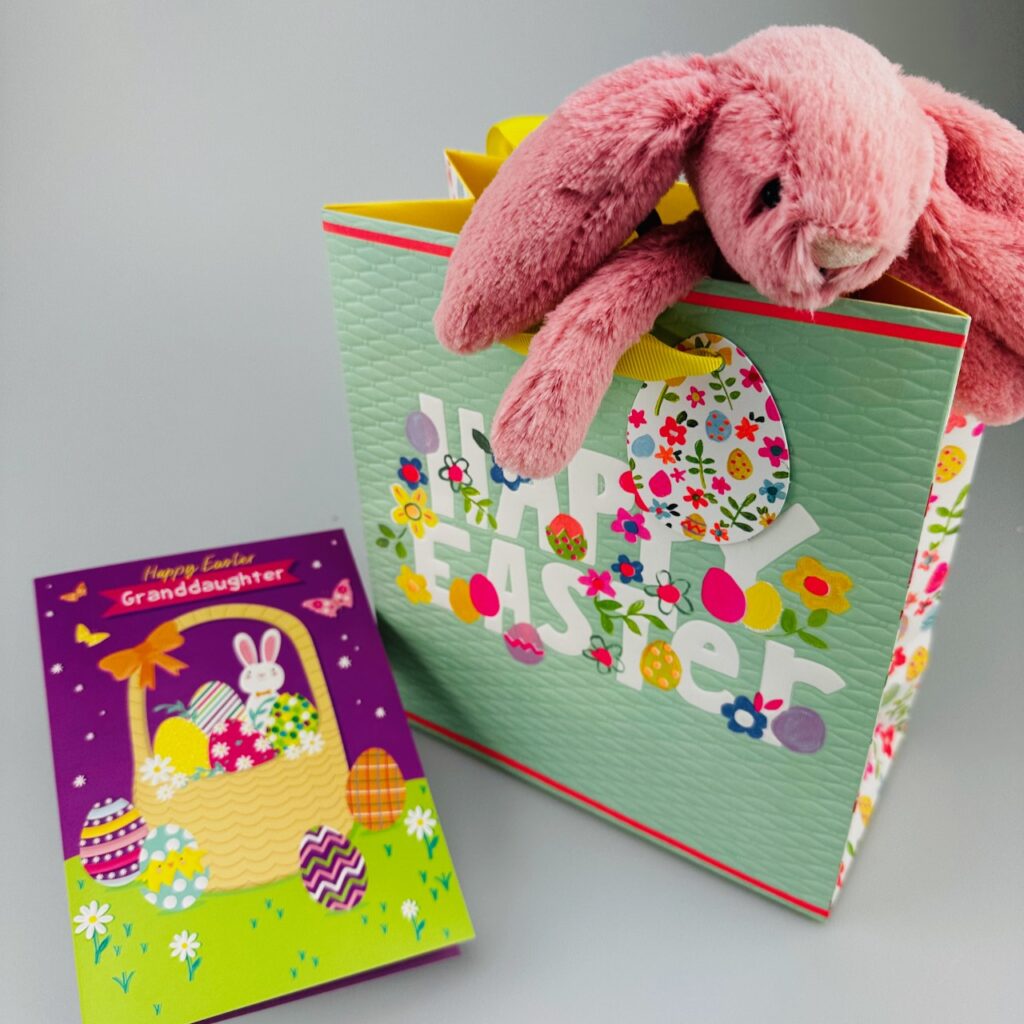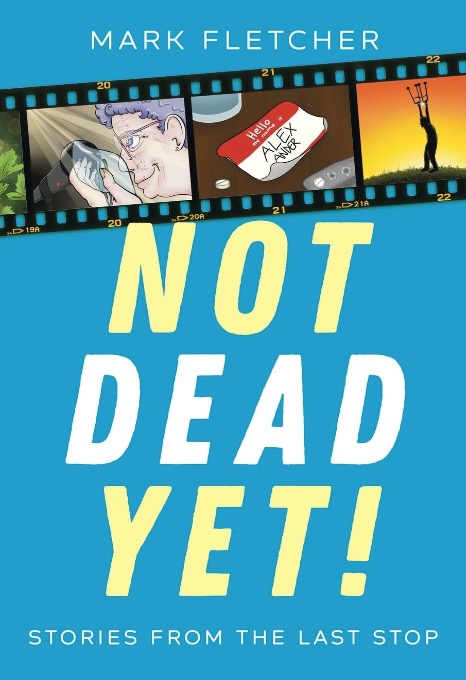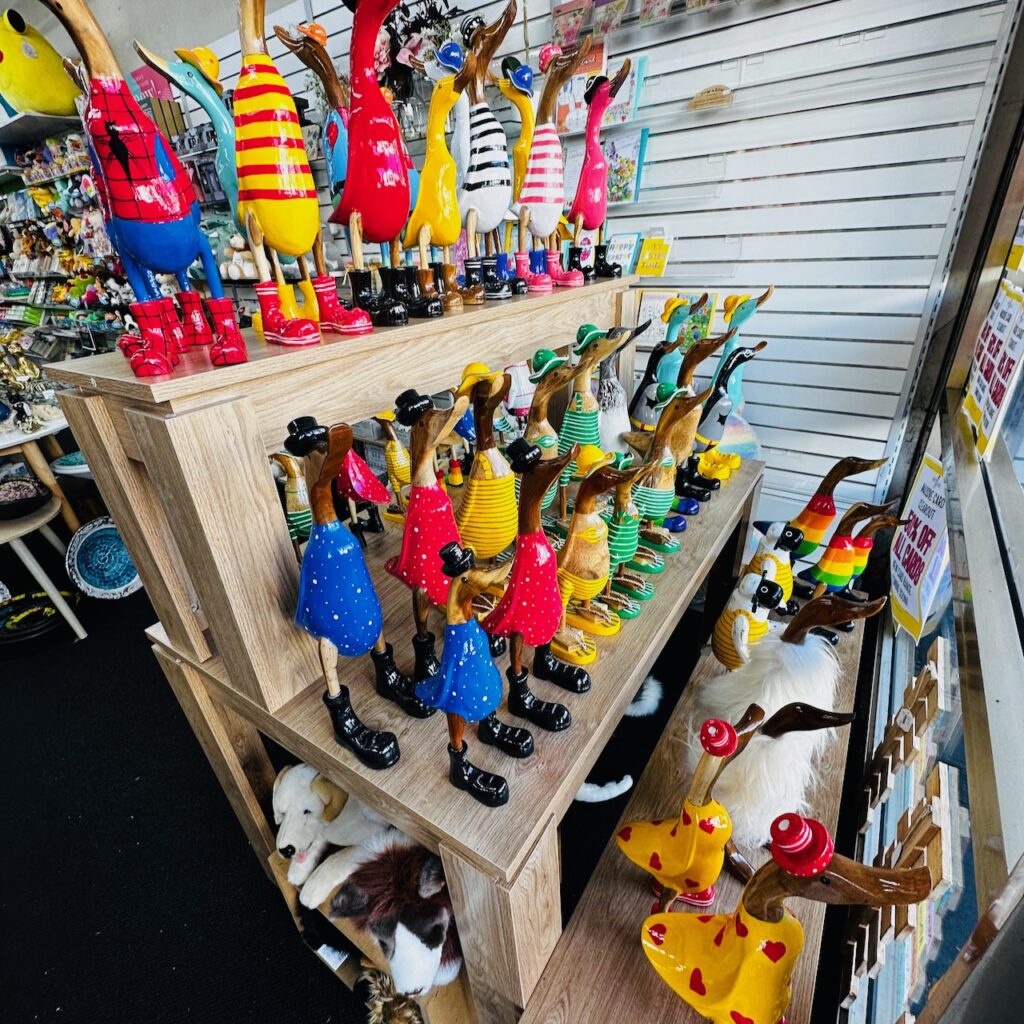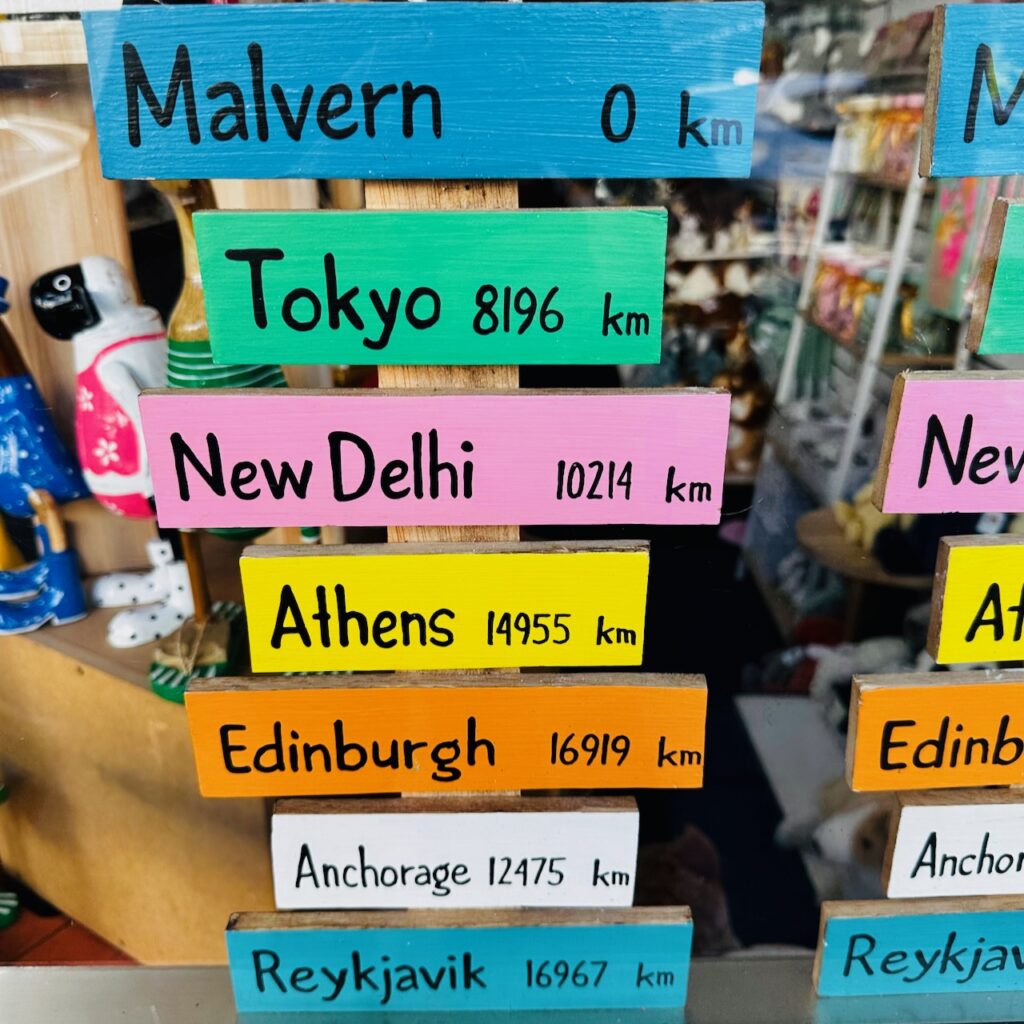A good read for retailers: The Effect of Least-cost Routing on Merchant Payment Costs
The Effect of Least-cost Routing on Merchant Payment Costs, an article by Boston Dobie and Benjamin Watson and published by the RBA is a valuable read for retailers interested in the cost of cashless payments.
The conclusion pitches the value of least cost routing.
This article introduces new estimates for the potential cost savings for merchants from enabling LCR. We estimate that on average LCR is associated with a nearly 20 per cent lower cost of acceptance for debit card transactions, with potential cost savings being largest for small merchants and those on plans that blend together prices for different card types. The results presented primarily capture the savings from LCR for in-person transactions using physical cards, given the limited availability of LCR for online and mobile wallet payments. As LCR becomes more readily available for these types of transactions, the potential savings should be higher given they account for a significant and growing share of debit card payments.
Plenty of newsagents had access to and benefited from least cost routing years ago. There is an even better (lower cost) option now with a cost plus model.
At the very least, newsagents should be on a least cost routing model. If you are not on that or a cost-plus model, you are likely to be paying more than you should. And, if you surcharge and think it’s not your issue, customers will notice the cost of a surcharge.
